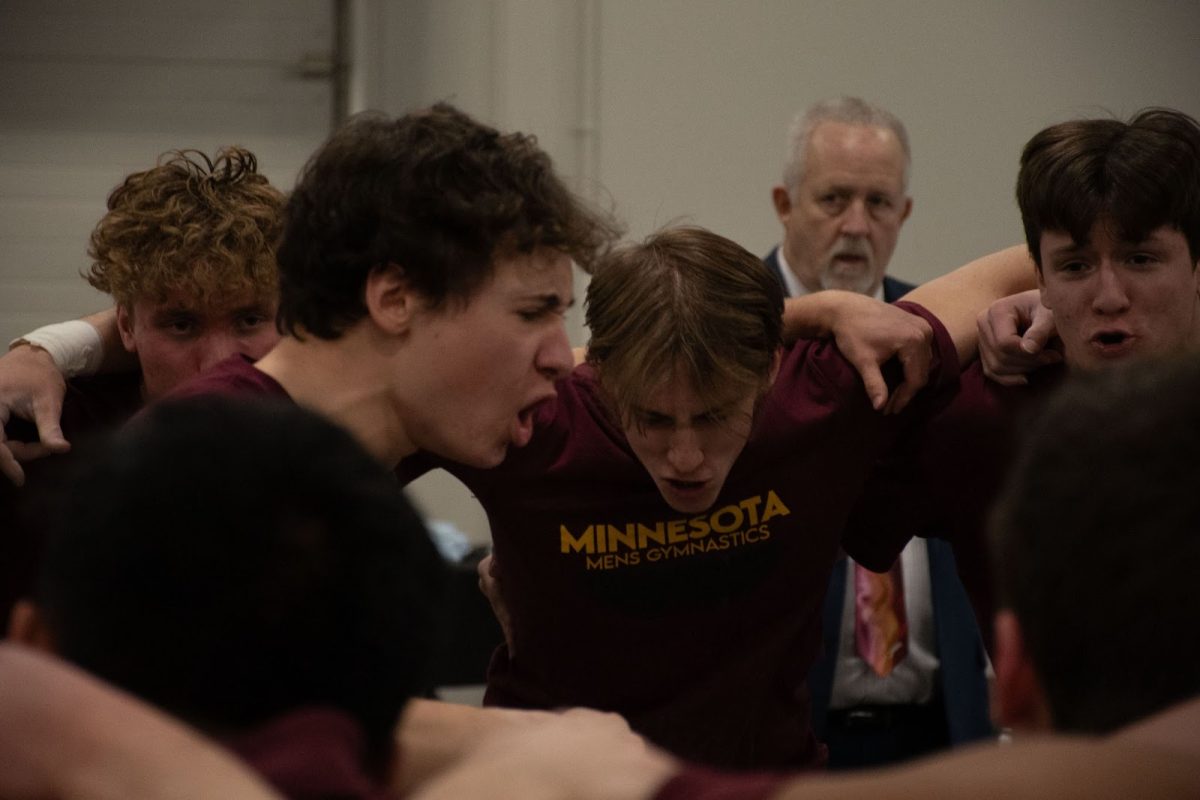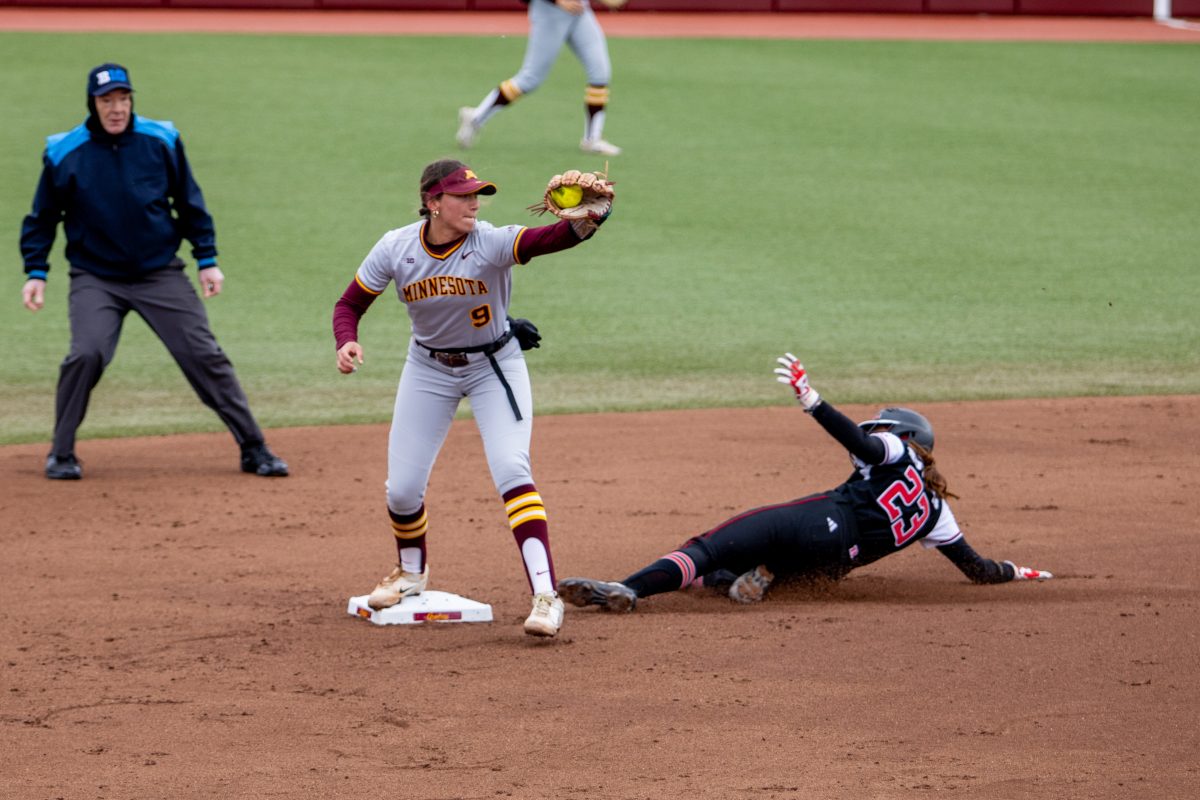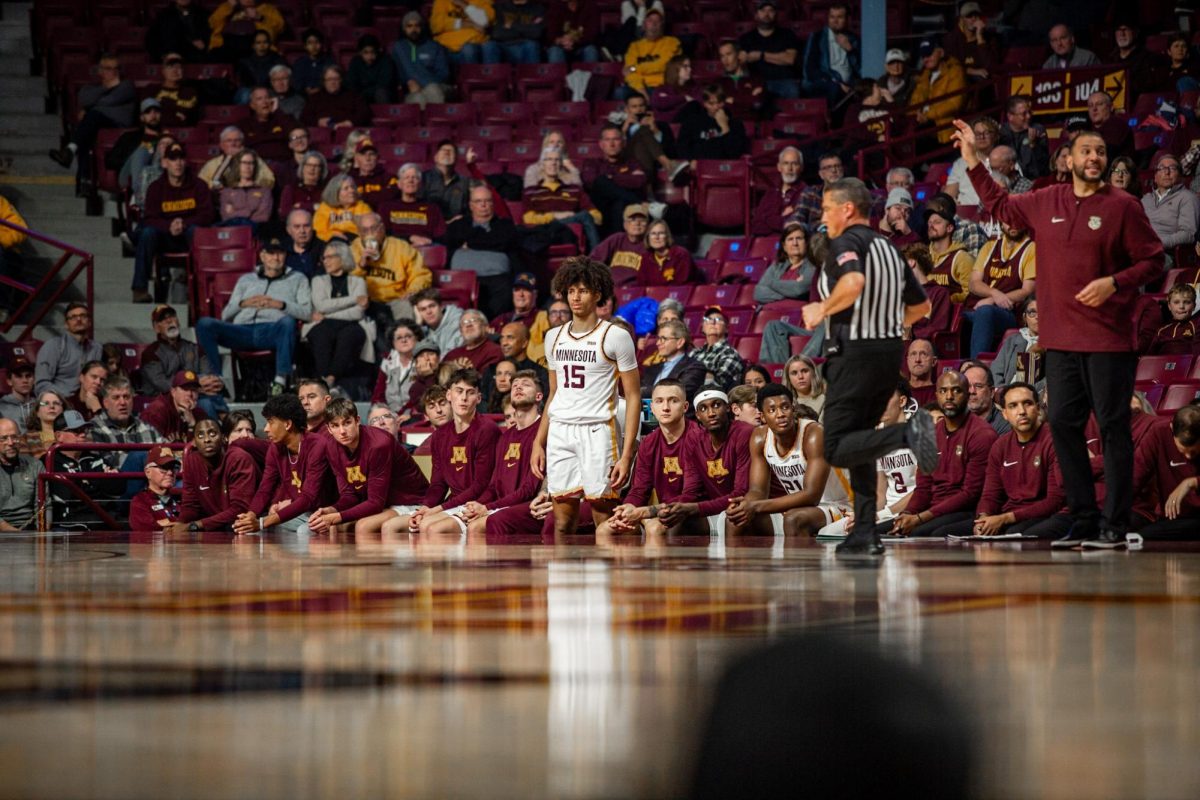A few days after a game of athletic conference musical chairs nearly destroyed the Big 12 and gave the Big Ten an additional member, a report confirmed what many already suspected was the reason for the shuffling: the search for more revenue. The Knight Commission, formed in 1989 to recommend a reform agenda in the world of college sports with an emphasis on promoting academic values, released its latest report Thursday, âÄúRestoring the Balance: Dollars, Values and the Future of College Sports.âÄù William Kirwan, co-chairman of the Knight Commission, likened the conference shuffle to a âÄúfinancial raceâÄù in which universities are scrambling to generate more revenue for athletics while expenses continue growing. According to an NCAA report, 93 of the then-119 Football Bowl Subdivision institutions ran a deficit in 2007-2008. Co-Chairman R. Gerald Turner said that although athletic departments like Nebraska will boost TV revenue by joining new conferences, it will be absorbed by escalating expenses like coachesâÄô salaries, which a 2009 college presidential survey deemed the largest contributing factor in the unsustainable growth of athletics expenditures. Turner added that if the current financial model persists, disparities within conferences and across the nation will continue to grow. âÄúOur sense is that this can keep going up,âÄù Turner said. âÄúIt makes the disparities across the [Football Bowl Subdivision] broader âĦ and nothingâÄôs done about the sustainability of the model in general.âÄù Not only have athletic budgets swelled, the study found, but they have outpaced the growth of academic spending. The report stated that âÄúmedian athletics spending at public institutions in the Football Bowl Subdivision has grown nearly 38 percent from 2005 to 2008, while academic spending grew only 20 percent.âÄù The report outlined three broad recommendations for improving accountability in collegiate athletics: more transparency in college athletic financing, rewarding academic progress and treating athletes as students rather than professionals. More specifically, it called for creating a new Academic Athletics Balance Fund, to which some current revenues for winning in the postseason of menâÄôs basketball and football would be reallocated to reward institutions that met certain academic criteria. The commission also recommended that teams not on track to graduate at least 50 percent of their players at the beginning of the year should be banned from the postseason, and that the current Academic Progress Rate system takes too long to enforce. U.S. Secretary of Education Arne Duncan released a statement that called on the NCAA to strengthen its use of the APR. âÄúWe believe APR provides the best real-time assessment of academic performance of sports teams,âÄù NCAA Interim President Jim Isch said in a statement. âÄúAs simple as it sounds, we donâÄôt think establishing a specific post-season penalty trigger âĦ for all teams is fair, especially to those teams that are improving.âÄù Although the commission cannot go to the NCAA directly to propose its recommendations, it hopes to spark some debate among campus leaders about the current academic and financial situation in athletics. The commission was a big player in the NCAAâÄôs 2003 landmark academic reform which first adopted the APR system, issuing a similar report in 2001 that recommended greater transparency in academic progress for student-athletes. âÄúWe think the new approach here is that there would be some collective action bringing in all of the NCAA institutions to new strategies for how revenue will be realized,âÄù Kirwan said. âÄúWeâÄôre hopeful that a sense of collective action will gain support, and the NCAA will act on these recommendations.âÄù Richard Legon, president of the Association of Governing Boards, issued a statement in support of the commission, calling on college and university boards to strengthen oversight on athletic revenue and expenses. The University of Minnesota Foundation and University of Minnesota System are members of the AGB. The AGB board has not officially endorsed the recommendations at this time, according to Legon. âÄúWe all play a role here; the recommendations are very clear and they do serve to both bring attention to the imbalance in intercollegiate athletics, as well as provide an action plan to restore that balance,âÄù Legon said in an e-mail. âÄúIt is now up to college and university leaders, with the support and backing of their boards, to make the difficult decisions that may not be popular but are very important. That is what leadership is all about.âÄù
















